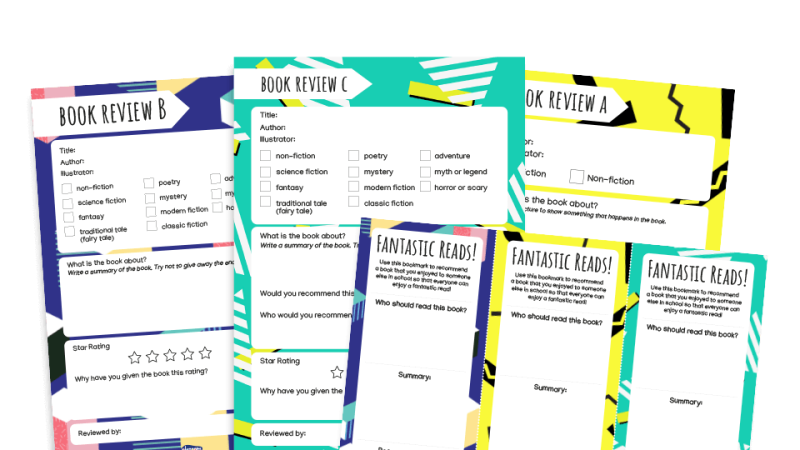Plan for Evidence by Generating Fantastic Writing Opportunities

Thinking ahead will help your students produce great work that also meets those all-important ‘pupil can’ statements, says Dan Hughes…
- by Dan Hughes

We all know the feeling – that anxious sensation in the pit of your stomach; the sense of dread creeping from your toes to the hairs on your head; the cold sweats and sleepless nights. It’s a feeling that haunts teachers across the country.
No, not Ofsted, a shortage of pencils or another staff meeting bringing the team together through yoga exercises. This is more serious: your writing is being moderated and you feel that, for some pupils, there is a lack of evidence in some critical areas. I’m sure you can relate to this sense of anguish.
Of course, this is a complete over-exaggeration (apart from the dread caused by communal yoga, perhaps). Since the changes to assessment in writing, collecting evidence to meet the continually evolving ‘pupil can’ statements in writing has been a challenge.
Thankfully, the Teacher Assessment Framework (TAFs) has become less rigid and is becoming clearer year on year. By not having another time-pressurised test situation at the end of the year to show progress, it has given pupils the chance to demonstrate their writing prowess.
However, moderators and teachers can often struggle to see eye-to-eye over what constitutes quality evidence and this can prove problematic when agreeing judgements. The key element to success, I believe, is planning for evidence.
This means being proactive, well-organised and having clear goals from September onwards, especially when it comes to writing opportunities. The following advice should help your moderation go like a breeze and prevent sleepless nights, whichever year group you work in.
1 | Know your criteria
Planning for evidence can feel like you have to live, sleep and breathe the ‘pupil can’ statements. While this is another over-exaggeration, it is certainly helpful to have these at the forefront of your planning at the earliest opportunity, as well as making pupils aware of what is expected.
Having this criteria present when completing medium-term plans means that nothing will be missed or forgotten. When moderation is challenging, it can be because a critical element hasn’t been given the teaching and learning time to be fully embedded.
Alongside this, a lack of staff understanding about end-of-year writing expectations can be a sticking point. If this is the situation at your school, the best solution is to be open about it as a staff and work together to find out more as soon as possible.
Discussing it with colleagues and leadership can help your team to stay on the same page. Revisit your own subject knowledge if necessary and ensure you are clear on the technical terms (model verbs, passive voice, etc) – there are a range of good subject knowledge books out there to help you.
The absolute priority is to be clear on the terms ‘mostly’, ‘appropriately’ and ‘effectively’. What do these look like in terms of evidence? At internal moderations, spend time unpicking these words, looking in depth at the exemplification materials and being specific about what they mean.
If you find yourself um-ing and err-ing over whether to do an explanation or a narrative because you need more evidence, go down the story route – it will give you more in the end.
This may feel like I am encouraging a tick list approach. That is not the case. By ensuring that there is a reasonable amount of examples and you have agreed on what that quantity is, you can give pupils the best chance of achieving the right judgment.
Getting in contact with a couple of moderators and asking them to clarify these terms is another solution. Knowing the criteria in depth, down to the individual words, will help you in all aspects of moderation.











